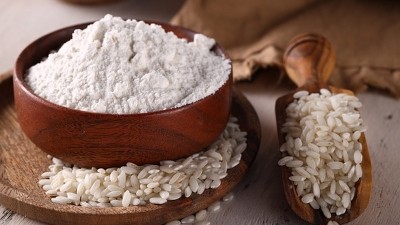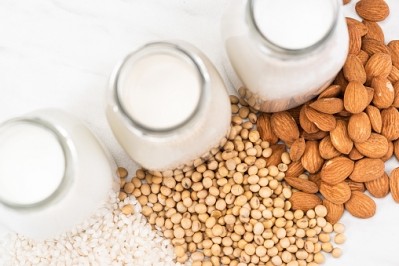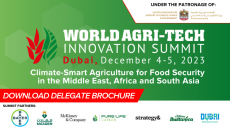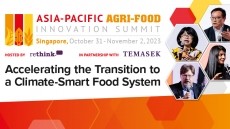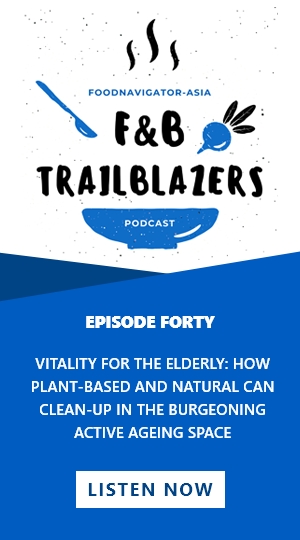Autumn apprehensions: South Korea issues food safety warnings for fresh foods and rice rolls in ‘high-risk’ fall season
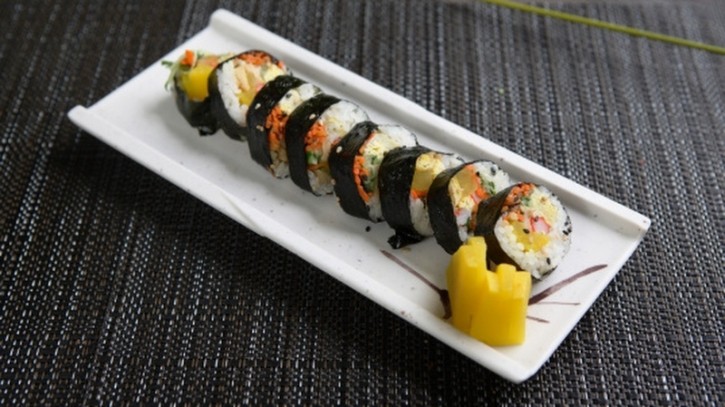
Fresh foods such as raw vegetables and eggs as are very commonly used to make gimbap rice rolls in South Korea, either by food manufacturers, retailers or consumers themselves at home, and are considered a major traditional food staple.
These ingredients, in combination with the more variant temperatures seen during the fall season, have been noted to cause a significant uptick of food poisoning cases due to bacterial contamination during this timeframe.
Retailers and manufacturers would do well to monitor the in-store temperatures of such products more closely during this time as well in order to minimise food poisoning occurrences and the potential negative consequences from any outbreak.
“The major risks like with fresh foods such as raw vegetables if not processed properly, meat if not fully cooked or handled well, cooked foods containing eggs such as egg rolls, and complex foods utilising these ingredients especially gimbap,” South Korean Minister of Food and Drug Safety Oh Yoo-kyung said via a formal statement.
“The risk of food poisoning is especially high during the fall season because even though the mornings and evenings tend to be chilly, temperatures will rise during the day and [increase the suitable conditions for] bacterial growth.
“Consumers tend to neglect this due to the varying temperatures, which leads to hygiene-related oversights or foods being stored at temperatures higher than what was expected – Over the past five years between 2018 and 2022, we have seen over 9,000 patients fall victim to food poisoning during the fall season between September and November.
“Analysis has shown that these can very commonly be attributed to pathogenic bacteria especially E.coli in raw vegetables and meats; and salmonella in eggs – together, these accounted for over 5,800 of the patients in these cases.”
In addition to the regular handwashing hygiene advice, consumers have been urged to wash their hands every time they handle a new store-bought food item after touching eggs or fresh ingredients, even if they will be cooking these at high temperatures at a later stage.
“It is best to consumed any sort of food that has been processed or cooked within two hours if possible, and before proceeding with any consumption consumers should double check for any indications of spoilage such as off-flavour or off-taste and discard if there are any suspicions,” Oh added.
“Even with the cold weather, if the food is not going to be consumed within the first two hours, do not leave it at room temperature during the fall and instead make sure to store this in a refrigerator or ice box.
“All factories, foodservice providers and home cooks are also urged to prevent any potential cross-contamination by using separate cooking utensils for each ingredient from meat to fish to vegetables to fruit; and wash these in a separate area from the food products completely to avoid contamination from the washing water.”
MFDS also stressed the importance of these precautions for large-scale canteens serving younger consumers, including kindergartens, daycare centres and schools.
Gimbap gamble
Gimbap has come under the spotlight as a food poisoning risk several times over the past few years, but it would be impossible to phase out entirely given its strong positioning as a food staple in South Korea.
One particular recent food poisoning case that catalysed MFDS into issuing the food safety warning regarding temperature variation and storage risks also involved gimbap.
“Several travellers purchased gimbap at around 7am for later consumption and stored it at room temperature for around four hours,” MFDS stated.
“When this was eventually consumed, it led to a case of mass food poisoning involving 17 people, as even though [no obvious signs of spoilage were visible], the gimbap had in fact been contaminated by bacteria which infected all of the individuals involved.”
South Korean locals and tourists often purchase gimbap as a convenience food as this is easy to bring around and consume when travelling, whether to an office or on the train or to tourist sites.

